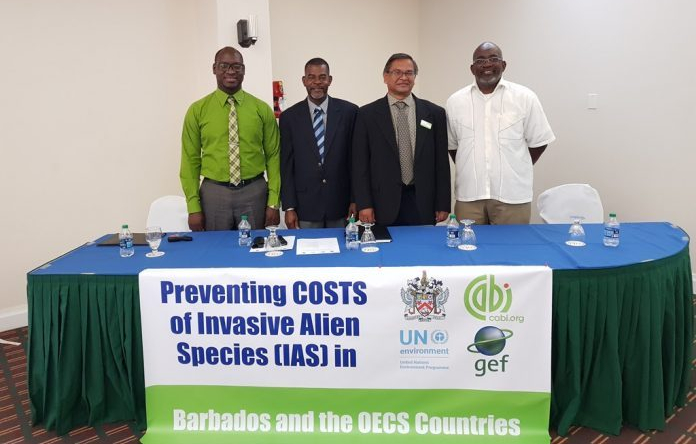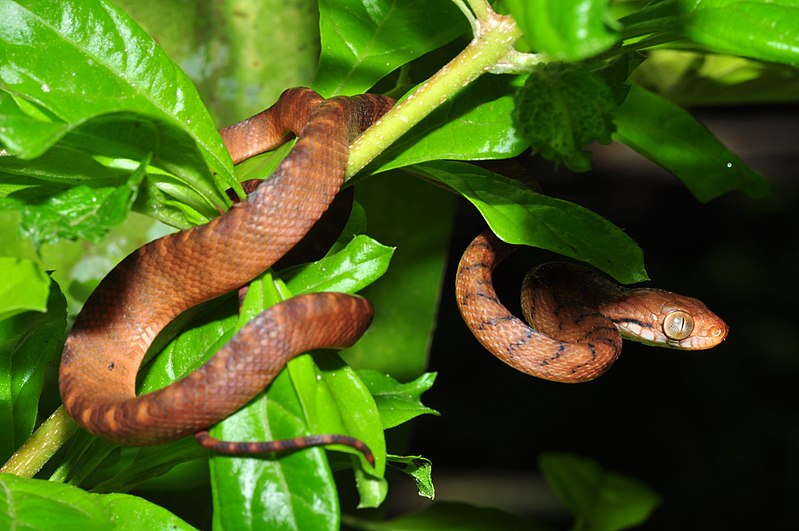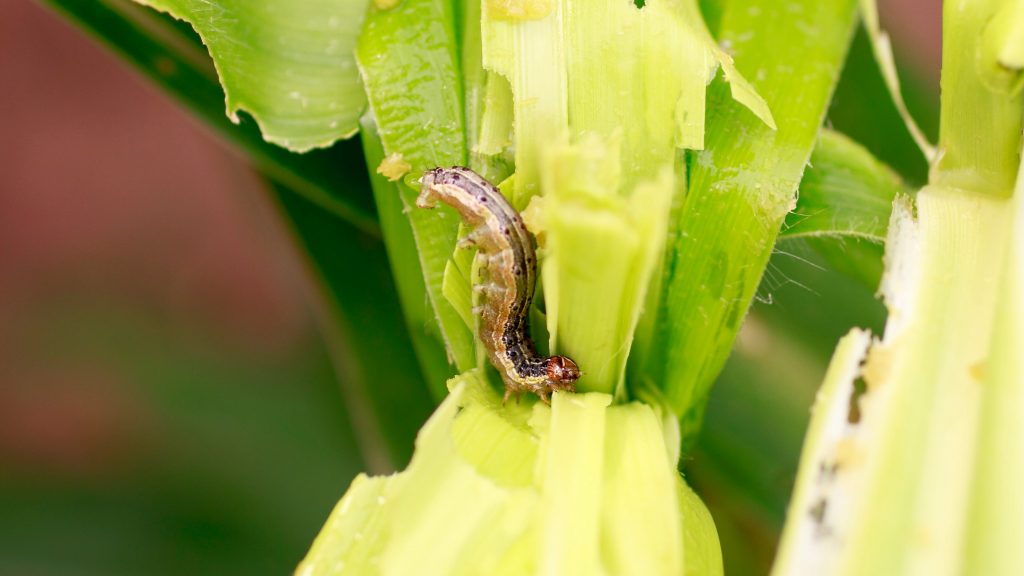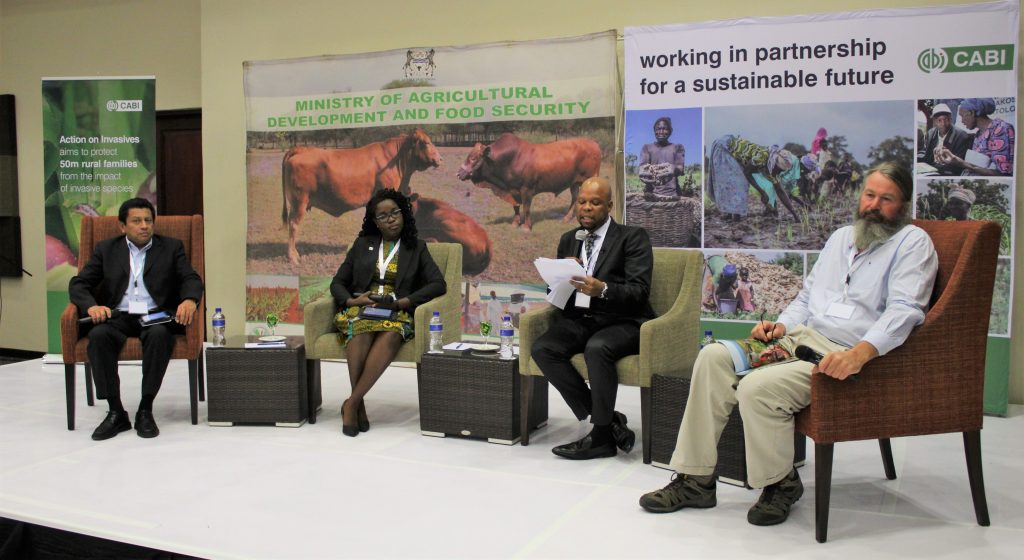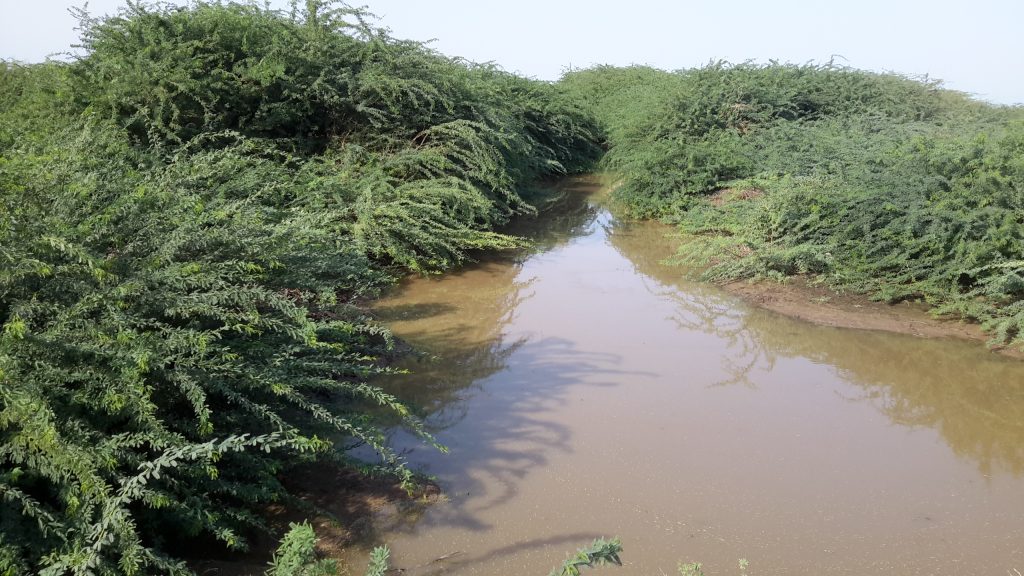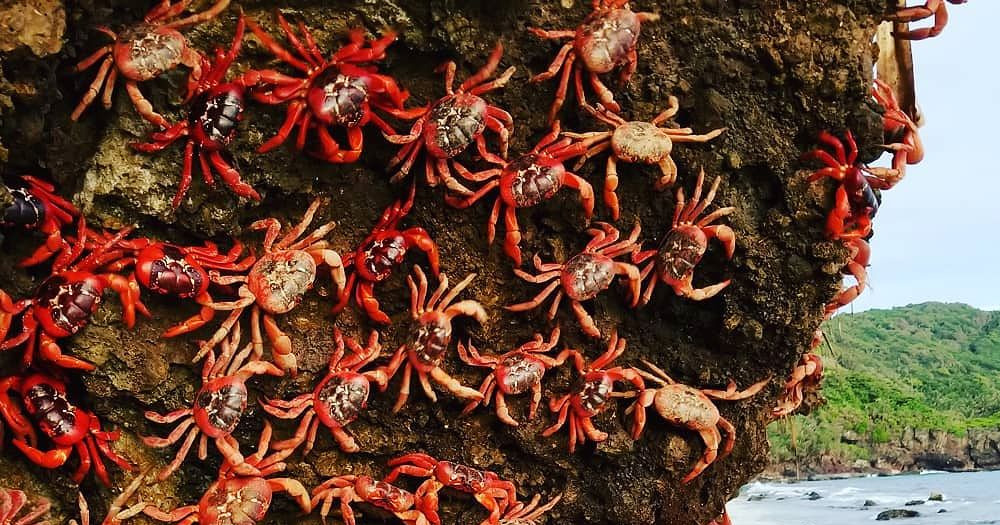Alien species are the main cause of recent global extinctions
Whilst many introduced alien species have little effect on the ecosystems in which they exist, others can have devastating impacts on biodiversity, causing extinctions at local and global scales. However, some scientists argue that the impact of alien species has been exaggerated, and suggest that native species are just as likely to cause extinctions. Researchers…
Fall Armyworm attack: ‘Eastern India more vulnerable to infestation’
Originally published on DownToEarth Warmer temperatures increase the metabolism and reproductive rates of the pest Fall Armyworm was first reported in July 2018 in Karnataka. Ever since, it has spread to its neighbouring states. Reports are now coming from West Bengal and Bihar as well. The initial damages are widespread as the pest is a…
CABI announces major commitments in fight against invasive species
Coinciding with its regional consultation with member states in Africa, CABI hosted a policy summit on invasive species in Gaborone, Botswana on 28 February. About 70 delegates representing policymakers, research, the private sector and civil society from across Africa gathered to learn about and discuss the impact of invasives as well as the technical and…
CABI shares expertise on rubber tree blight in major new Amazon documentary series
CABI is today sharing its expertise on the devastating rubber tree blight disease – that could severely impact upon the world’s rubber production for essential items including tyres, shoes and the seals on a multitude of household and industrial items– as part of a major new Amazon documentary series now streaming.
CABI helps map ferocious speed and likely cause of woody weed spread across Ethiopia
CABI scientists have helped map the ferocious speed and probable cause of a devastating spread of the invasive alien tree Prosopis juliflora (Swartz DC) across an area equivalent to half of neighbouring Djibouti in the Afar Region of north eastern Ethiopia. Dr Urs Schaffner, who is supervising lead author Hailu Shiferaw for his PhD studies,…
How a wasp might save the Christmas Island red crab
By Stephanie Dittrich. Reblogged from Island Conservation. Invasive crazy ants threaten Christmas Island Red Crab populations, but a certain species of wasp might be able to help. Christmas Island, a remote Australian territory in the Indian Ocean, is known for an abundance of Red Crabs, a species once recorded in numbers nearing 44 million. The Red…
Dangerous waterweed spreading in Southern Africa
By Baraka Rateng’. Reblogged from SciDev.Net. A dangerous waterweed is spreading across water bodies in Southern Africa and could soon strangle life-supporting services such as fishing if it is not controlled, a scientist says. The waterweed called Limnobium laevigatum or South American sponge plant floats on water bodies and has the potential to invade other plants and decrease biodiversity, according…
CABI shares expertise at workshop concerned with threat of invasive species to Gibraltar
Dr Pablo González-Moreno, one of CABI’s senior researchers with expertise in invasive plant ecology, has joined a workshop of international scientists concerned with investigating the invasive non-native species that pose the greatest threat to Gibraltar’s terrestrial and marine environments.
Biological control against invasive agricultural pest slows deforestation across Southeast Asia
Used as an effective method of controlling invasive species, biological control (or biocontrol) is the term given to the use of living organisms for controlling pests and invasive species. It can provide an effective, environmentally-friendly and cost-efficient way of controlling pest populations, helping to restore crop yields and farmer’s profits. However a recent study, focussing…

